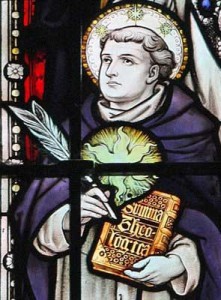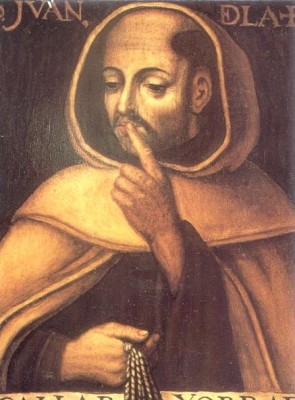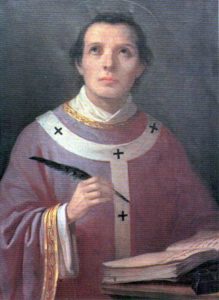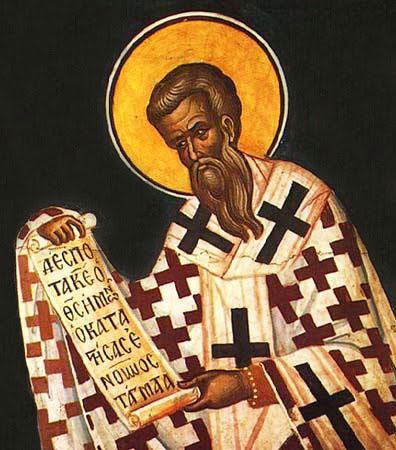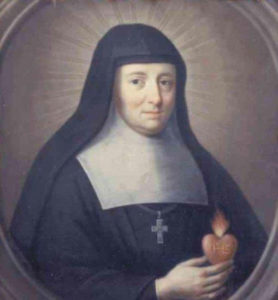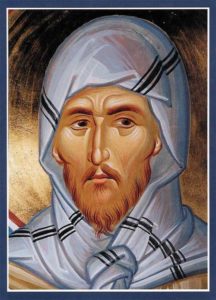Podcast: Play in new window | Download (Duration: 32:16 — 22.2MB) | Embed
Subscribe: Apple Podcasts | Spotify | Amazon Music | Android | Pandora | iHeartRadio | JioSaavn | Podchaser | Gaana | Podcast Index | Email | TuneIn | Deezer | Anghami | RSS | More
St. Peter Damian – The Doctors of the Church: The Charism of Wisdom with Dr. Matthew Bunson
- Born: 1007, Ravenna, Italy
- Died: February 23, 1072, Faenza, Italy
Dr. Matthew Bunson discusses St. Peter Damian, a Doctor of the Church from the second millennium. Born into a turbulent era marked by apocalyptic fears and church reform, Damian’s suffering led to intense prayerfulness. He became a fervent voice for reform, addressing corruption and abuses within the clergy.
Despite reluctance, he was appointed Cardinal Bishop of Ostia and played a crucial role in papal reform. Damian emphasized the importance of the cross, penance, and fidelity to Christ. His writings offer insights into addressing contemporary church challenges.
Discerning Hearts Reflection Questions
- Historical Context: How did the apocalyptic fears and need for reform in St. Peter Damian’s era reflect challenges in today’s Church?
- Personal Suffering and Virtue: How did St. Peter Damian’s early suffering shape his spiritual life and virtues?
- Balancing Solitude and Service: What tension did St. Peter Damian face between a desire for solitude and a call to serve actively in the Church?
- Role in Church Reform: How did St. Peter Damian become a catalyst for reform within the Church, particularly in addressing corruption and abuses?
- Emphasis on the Cross and Penance: What importance did St. Peter Damian place on the cross, penance, and fidelity to Christ in the Christian life?
- Relevance Today: How can St. Peter Damian’s teachings and writings offer guidance for addressing contemporary challenges within the Church?
For more on St. Peter Damian and his teachings:
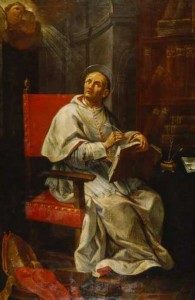
From Vatican.va, an excerpt from the teachings of Pope Benedict XVI General Audience 2009:
“St Peter Damian, who was essentially a man of prayer, meditation and contemplation, was also a fine theologian: his reflection on various doctrinal themes led him to important conclusions for life. Thus, for example, he expresses with clarity and liveliness the Trinitarian doctrine, already using, under the guidance of biblical and patristic texts, the three fundamental terms which were subsequently to become crucial also for the philosophy of the West: processio, relatio and persona (cf. Opusc. XXXVIII: PL CXLV, 633-642; and Opusc. II and III: ibid., 41 ff. and 58 ff). However, because theological analysis of the mystery led him to contemplate the intimate life of God and the dialogue of ineffable love between the three divine Persons, he drew ascetic conclusions from them for community life and even for relations between Latin and Greek Christians, divided on this topic. His meditation on the figure of Christ is significantly reflected in practical life, since the whole of Scripture is centred on him. The “Jews”, St Peter Damian notes, “through the pages of Sacred Scripture, bore Christ on their shoulders as it were” (Sermo XLVI, 15). Therefore Christ, he adds, must be the centre of the monk’s life: “May Christ be heard in our language, may Christ be seen in our life, may he be perceived in our hearts” (Sermo VIII, 5). Intimate union with Christ engages not only monks but all the baptized. Here we find a strong appeal for us too not to let ourselves be totally absorbed by the activities, problems and preoccupations of every day, forgetting that Jesus must truly be the centre of our life.
Communion with Christ creates among Christians a unity of love. In Letter 28, which is a brilliant ecclesiological treatise, Peter Damian develops a profound theology of the Church as communion. “Christ’s Church”, he writes, is united by the bond of charity to the point that just as she has many members so is she, mystically, entirely contained in a single member; in such a way that the whole universal Church is rightly called the one Bride of Christ in the singular, and each chosen soul, through the sacramental mystery, is considered fully Church”. This is important: not only that the whole universal Church should be united, but that the Church should be present in her totality in each one of us. Thus the service of the individual becomes “an expression of universality” (Ep 28, 9-23). However, the ideal image of “Holy Church” illustrated by Peter Damian does not correspond as he knew well to the reality of his time. For this reason he did not fear to denounce the state of corruption that existed in the monasteries and among the clergy, because, above all, of the practice of the conferral by the lay authorities of ecclesiastical offices; various Bishops and Abbots were behaving as the rulers of their subjects rather than as pastors of souls. Their moral life frequently left much to be desired. For this reason, in 1057 Peter Damian left his monastery with great reluctance and sorrow and accepted, if unwillingly, his appointment as Cardinal Bishop of Ostia. So it was that he entered fully into collaboration with the Popes in the difficult task of Church reform. He saw that to make his own contribution of helping in the work of the Church’s renewal contemplation did not suffice. He thus relinquished the beauty of the hermitage and courageously undertook numerous journeys and missions.
Because of his love for monastic life, 10 years later, in 1067, he obtained permission to return to Fonte Avellana and resigned from the Diocese of Ostia. However, the tranquillity he had longed for did not last long: two years later, he was sent to Frankfurt in an endeavour to prevent the divorce of Henry iv from his wife Bertha. And again, two years later, in 1071, he went to Monte Cassino for the consecration of the abbey church and at the beginning of 1072, to Ravenna, to re-establish peace with the local Archbishop who had supported the antipope bringing interdiction upon the city.
On the journey home to his hermitage, an unexpected illness obliged him to stop at the Benedictine Monastery of Santa Maria Vecchia Fuori Porta in Faenza, where he died in the night between 22 and 23 February 1072.”
For more visit Vatican.va
For more from Dr. Matthew Bunson, check out his Discerning Hearts page.
Dr. Matthew E. Bunson is a Register senior editor and a senior contributor to EWTN News. For the past 20 years, he has been active in the area of Catholic social communications and education, including writing, editing, and teaching on a variety of topics related to Church history, the papacy, the saints and Catholic culture. He is faculty chair at Catholic Distance University, a senior fellow of the St. Paul Center for Biblical Theology, and the author or co-author of over 50 books including The Encyclopedia of Catholic History, The Pope Encyclopedia, We Have a Pope! Benedict XVI, The Saints Encyclopedia and best-selling biographies of St. Damien of Molokai and St. Kateri Tekakwitha.

